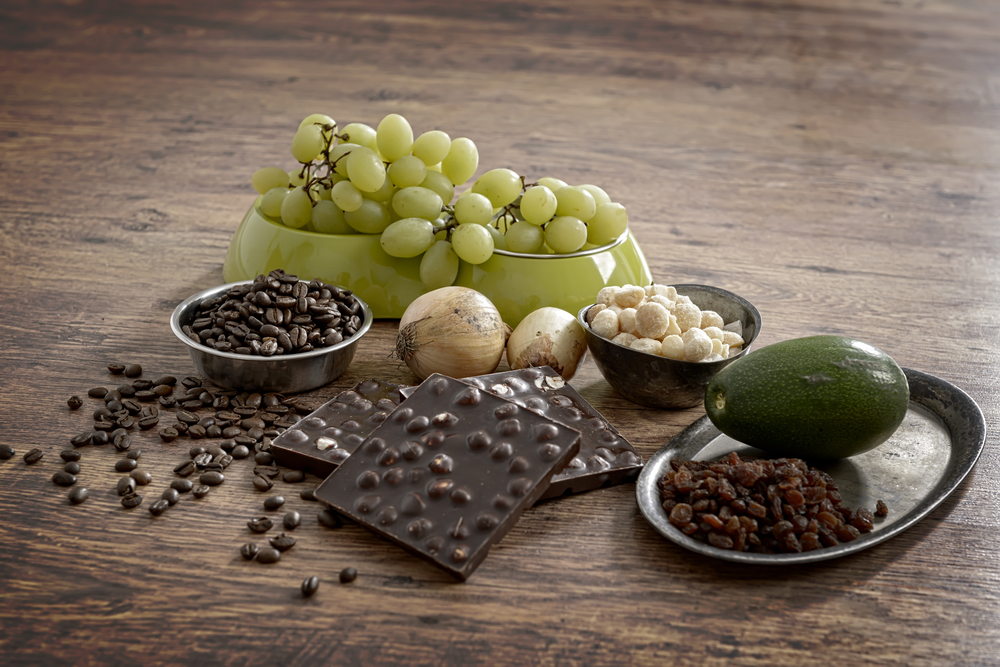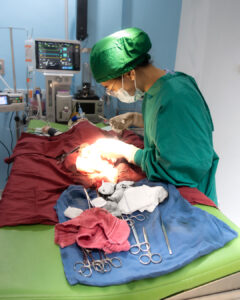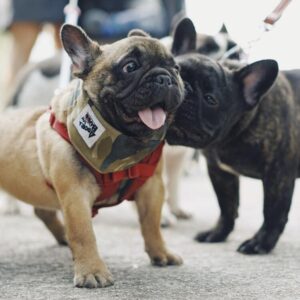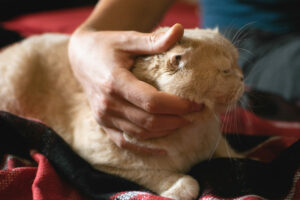Caring for pets is not an easy task, as pet owners would know. There are things to consider when getting a pet, such as your own lifestyle, the pet’s instincts and natural habits, and what sort of cage is appropriate to keep a pet in. One thing that pet owners need to consider seriously when caring for their pets is nutrition.
Nutrition is a big part of caring for pets. Just like humans, pets have nutritional requirements that needs to be met to be healthy.
For dogs and cats, this particularly means they need a proper amount of protein intake. Dogs need a good amount of plant-based nutrition aside from the meat-based. However, cats don’t need this because they are strictly carnivorous. Plant-based snacks are okay once in a while, but is not recommended as the main source of nutrition. In short, don’t feed dogs and cats vegan diet, as this doesn’t fit with their natural diet.
If you’re wondering what you should feed your pets, generally, pet food available at your local pet shop will meet their daily nutritional needs. Pet food are made with formulas designed to keep your pets healthy while being relatively tasty for them. However, some pet owners choose to give their pets raw diet.
For raw diet especially, pet owners need to pay attention to the food they give their pets. The nutrition needs to be balanced. If given properly, raw diet could potentially make a pet’s coat shinier, their skin healthier, have cleaner teeth, higher energy level, and smaller stool. However, risks include contracting diseases from bacteria, like E. Coli, salmonella, and listeria. It should also be noted that many organizations in the U.S are against giving raw diet to pets. If you want to give your pets raw food diet, it is recommended to talk to your vet and research your pet’s nutritional needs.
Some pet owners may also want to give ‘people food’ for pets, and as long as this is done in moderation, this is fine. However, pet owners may want to check if the food in question is safe for pets, as pets can’t process many kinds of food humans can. Some of food that should not be given to dogs and cats alike include:
-
List of Content hide
Grapes and raisins
It’s universally known that dogs and cats shouldn’t eat grapes and raisins. This is because the substance contained in the fruit’s meat could cause a myriad of complications, ranging from vomiting or diarrhea, abdominal pain, and dehydration, to tremor, seizure, and coma, not to mention possible kidney failure.
-
Caffeine
Pets should never consume food and beverages containing caffeine! This includes coffee, chocolate, and carbonated drinks. Caffeine has many effects to pets, ranging from the mild to the life-threatening. Pets may become hyperactive and restless, and they may also vomit, have elevated heart rate, blood pressure, and body temperature, or even death. If your pet licks your coffee, they’re probably fine, albeit more active. However, if they eat a whole teabag, you might want to bring them to Pet E.R.
-
Dairy
Some of us may think that cats love milk, given the many images of cats licking a bowl of milk in the media. The truth is, it’s safer not to give cats – or dogs – dairy products such as milk and cream. This is because adult cats and dogs are generally lactose intolerant and cannot digest milk. If consumed, milk may make them gassy, have loose stools, vomit, experience abdominal pain, and get diarrhea.
-
Citrus
Citrus in general are safe to consume, though pet owners need to watch out for added sugar in oranges and lemons may cause upset stomach because of the acidity. Grapefruits, however, should be avoided. The peels of citrus especially may contain essential oils and psoralens, and may induce vomiting, diarrhea, depression, and potential dermatitis. Citrus peels also happen to be choking hazards for pets.
-
Chocolate
This one is well known. Many people know that pets like dogs and cats alike can’t eat chocolate, but they may be wondering why. This is because chocolate contains theobromine, which animals may not be able to process quickly, allowing it to build up to toxic levels. Pet owners should take care to keep chocolate away from their pets, because if they somehow eat chocolate without the owners’ knowledge it could take up to 12 hours for symptoms to occur. These symptoms include extreme thirst, diarrhea, vomiting, shaking, seizures, irregular heartbeat, or even heart attack. A small amount may only cause vomiting and diarrhea, but note that bigger dogs may be able to consume more chocolate than smaller dogs or cats. It should also be noted that the more bitter the chocolate, the more theobromine it contains.
There are also other people food pet owners need to watch out for, like alcoholic beverages. Therefore, pet owners are encouraged to do their own research and talk to their vets. Aside from the food that pets shouldn’t eat because they are known to make pets sick, pet owners should also keep a lookout for possible allergies their pets may suffer.







